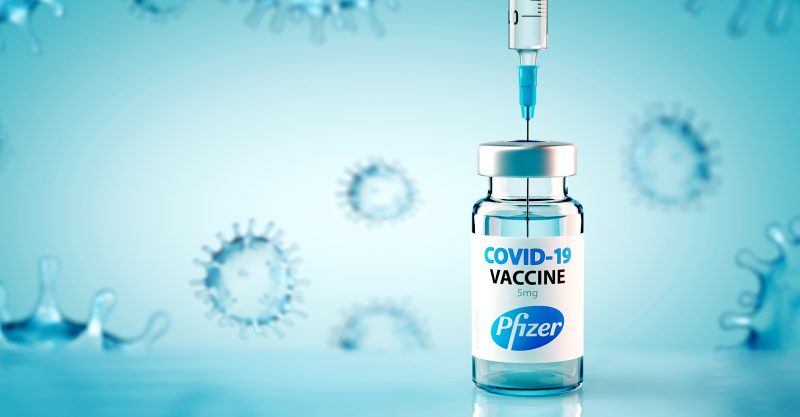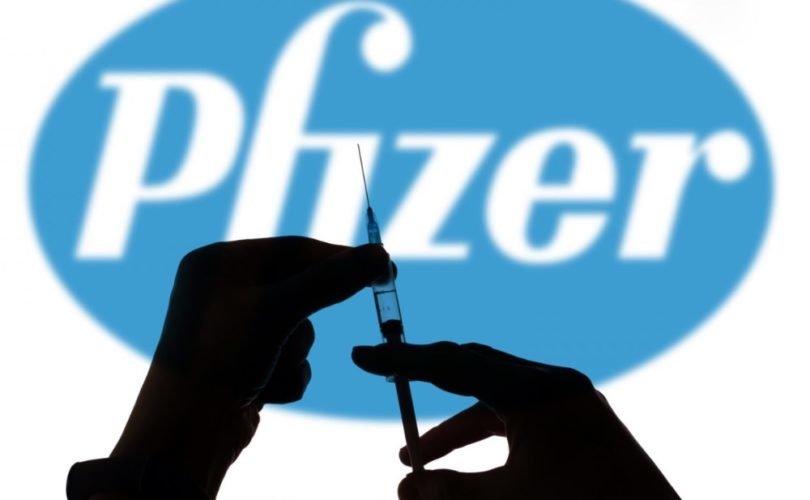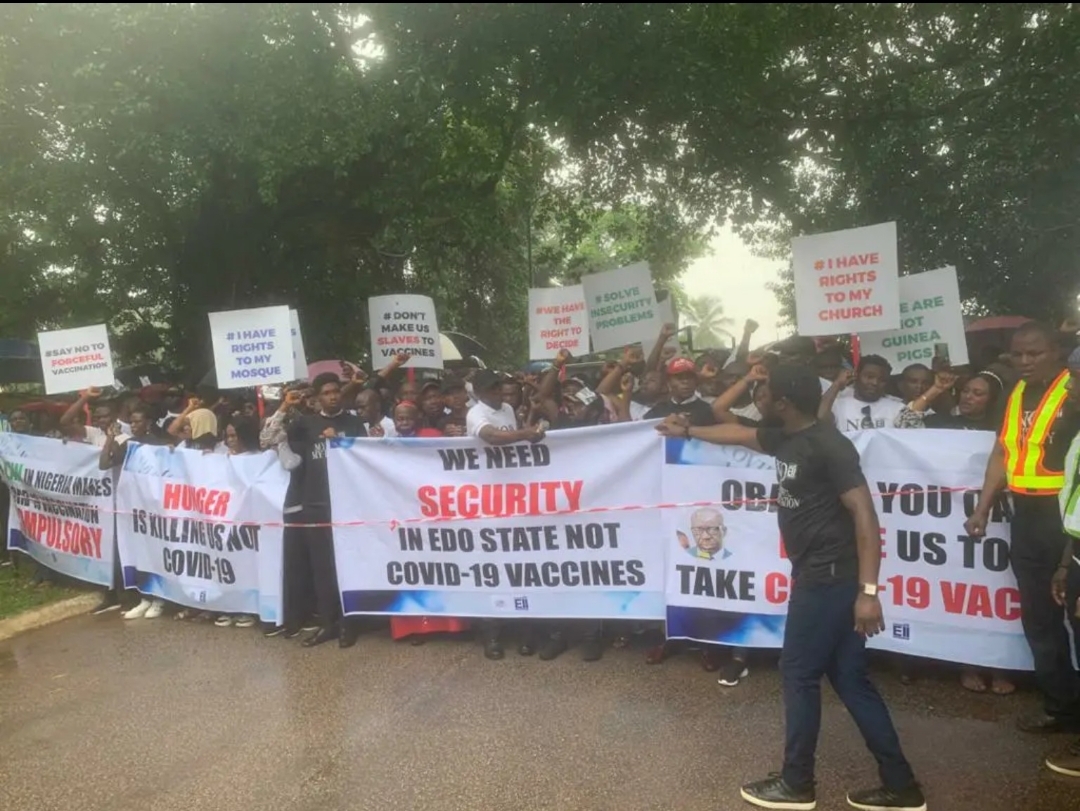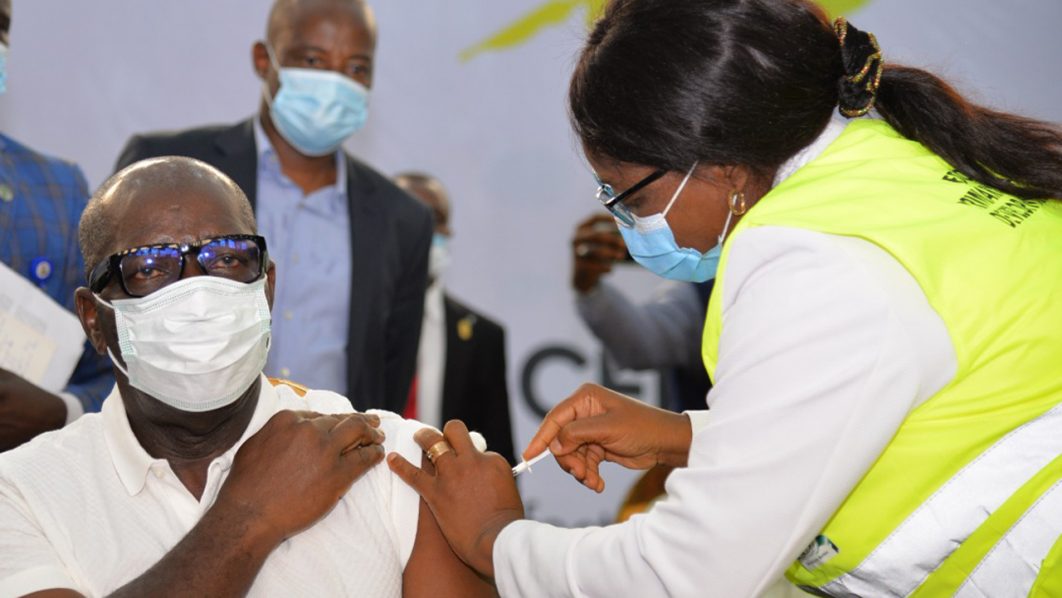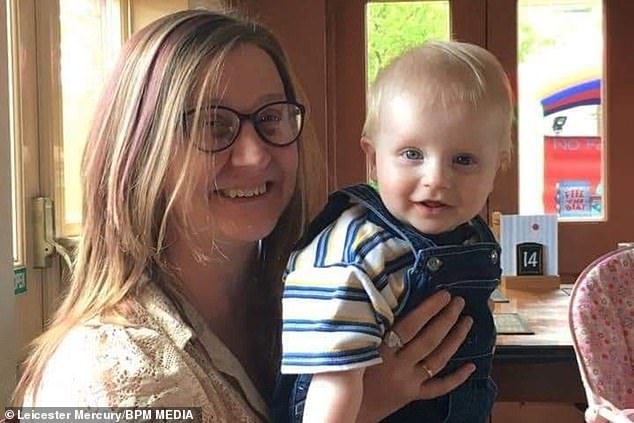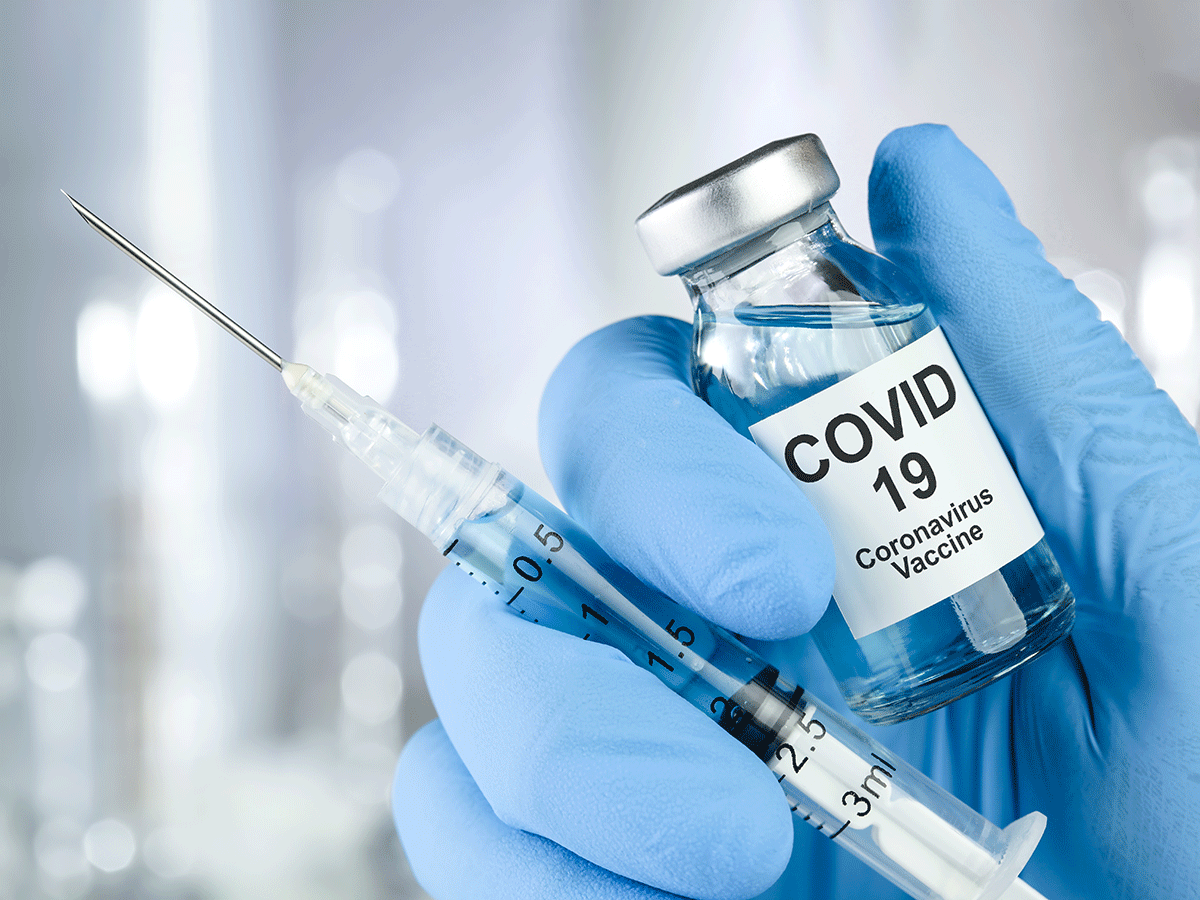Israeli researchers found people who received two doses of the Pfizer vaccine were eight times more likely to be infected with the South African variant, and people who received one dose of the vaccine were more likely to get the UK variant.
By Megan Redshaw
The Defender is experiencing censorship on many social channels. Be sure to stay in touch with the news that matters by subscribing to our top news of the day. It’s free.
A new study by Israeli researchers found that a South African variant of COVID may put people who have been vaccinated with the Pfizer-BioNTech vaccine at higher risk of breakthrough infection compared to unvaccinated people.
The study also showed an increased incidence of the UK variant in those who received one dose of the Pfizer shot.
Also Read: Health worker dies days after receiving Pfizer COVID-19 vaccine
The study, released April 10, reviewed the positive COVID-19 test results of 800 people — 400 people who tested positive for COVID 14 days or more after they received one or two doses of the Pfizer vaccine against 400 unvaccinated people to see if those vaccinated were more likely to be infected with the UK or South African variant compared with unvaccinated individuals.
The South African variant, B.1.351, was found to make up about 1% of all COVID cases across all the people studied, according to the study by Tel Aviv University and Israel’s largest healthcare provider, Clalit.
But among patients who had received two doses of the vaccine, the variant’s prevalence rate was eight times higher than in those unvaccinated — 5.4% versus 0.7%, Reuters reported.
Also read: Healthcare worker dies 4 days after second Pfizer Vaccine, death under investigation
The research suggests the vaccine is less effective against the South African variant, compared with the original COVID variant and a variant first identified in Britain that had comprised nearly all COVID cases in Israel, researchers said.
“We found a disproportionately higher rate of the South African variant among people vaccinated with a second dose, compared to the unvaccinated group,” said Tel Aviv University’s Adi Stern, who headed the research. “This means that the South African variant is able, to some extent, to break through the vaccine’s protection.”
“Based on patterns in the general population, we would have expected just one case of the South African variant, but we saw eight,” Stern told The Times of Israel. “Obviously, this result didn’t make me happy.”
However, Stern said that the sample size was too small to put a figure on its increased ability. “We can say it’s less effective, but more research is needed to establish exactly how much,” she said.
The study also examined the UK B.1.1.7 variant’s ability to break through the Pfizer vaccine’s defenses compared to the original strain. No difference was found in the UK variant’s ability to infect fully vaccinated individuals — those who received two doses. However, the study showed an increased incidence of the UK variant in those who had received only one dose of Pfizer’s vaccine.
Also read: Number of COVID vaccine injuries reported to VAERS surpasses 50,000, CDC data show
According to researchers, the results of the study align with those from in vitro neutralization assays that showed a large reduction in neutralization against the South African variant, and little-to-no reduction against the UK variant in fully vaccinated individuals.
Researchers cautioned the study only had a small sample size of people infected with the South African variant because of its rarity in Israel, and the study was not intended to deduce overall vaccine effectiveness against any variant as it did not look at overall infection rates.
The study still requires peer review to verify the results, Reuters reported. Professor Ran Balicer, director of research at Clalit, said the study was “very important.”
“It is the first in the world to be based on real-world data, showing that the vaccine is less effective against the South Africa variant, compared to both the original virus and the British variant,” Balicer said.
Megan Redshaw is a freelance reporter for The Defender. She has a background in political science, a law degree and extensive training in natural health.
- Culled from https://childrenshealthdefense.org/

 Entertainment6 days ago
Entertainment6 days ago
 Health1 week ago
Health1 week ago
 Health4 days ago
Health4 days ago
 Football1 week ago
Football1 week ago
 Football1 week ago
Football1 week ago
 Crime4 days ago
Crime4 days ago
 Education6 days ago
Education6 days ago
 Crime1 week ago
Crime1 week ago
